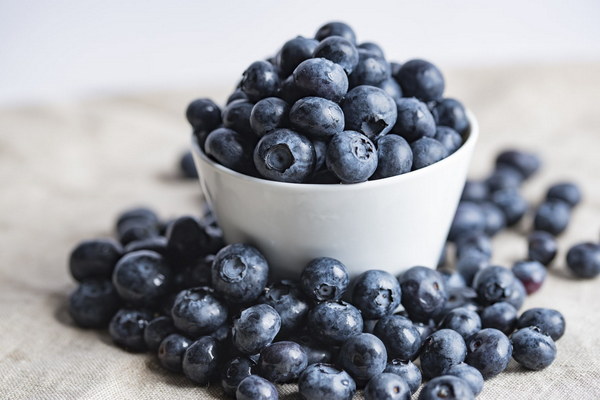Nurturing Your Liver How to Protect It from AlcoholInduced Damage
Introduction:
Alcohol consumption has been widely recognized as a significant risk factor for liver disease. The liver is responsible for filtering toxins from the body, and excessive alcohol intake can overwhelm its natural detoxification processes, leading to serious health issues. If you're concerned about the impact of alcohol on your liver, here are some essential tips to help you nurture and protect this vital organ.
1. Limit Alcohol Consumption:
The first and most crucial step in protecting your liver is to limit your alcohol intake. The recommended limits vary depending on gender and health conditions, but a general guideline is to consume no more than one drink per day for women and two drinks per day for men. By reducing your alcohol consumption, you can minimize the strain on your liver and reduce the risk of developing liver disease.
2. Choose Healthy Beverages:
When it comes to alcohol, not all drinks are created equal. Opt for lower-alcohol beverages such as light beer, dry wine, or spirits with minimal additives. These options can help reduce the liver's workload. Additionally, avoid mixing alcohol with energy drinks or other substances, as this can increase the risk of liver damage.
3. Stay Hydrated:
Drinking plenty of water is essential for maintaining liver health. Adequate hydration helps your liver flush out toxins and supports its natural detoxification processes. Aim to drink at least eight glasses of water per day, and increase your intake when consuming alcohol.

4. Eat a Balanced Diet:
A healthy diet can support liver function and help prevent liver disease. Include a variety of fruits, vegetables, whole grains, lean proteins, and healthy fats in your meals. Foods rich in antioxidants, such as berries, green leafy vegetables, and nuts, can help protect your liver from oxidative stress caused by alcohol and other toxins.
5. Avoid High-Fat Foods:
High-fat diets can increase your risk of developing non-alcoholic fatty liver disease (NAFLD), a condition where excess fat builds up in your liver. To reduce your risk, limit your intake of fried foods, processed snacks, and high-fat dairy products. Instead, choose lean proteins, healthy fats, and fiber-rich foods.
6. Exercise Regularly:
Regular physical activity can improve liver function and help maintain a healthy weight, which is essential for preventing liver disease. Aim for at least 150 minutes of moderate-intensity exercise or 75 minutes of vigorous-intensity exercise per week. Exercise can also help reduce stress, which can indirectly benefit liver health.
7. Avoid Smoking:
Smoking is a well-known risk factor for liver disease. The combination of smoking and alcohol can significantly increase your risk of developing liver cirrhosis and liver cancer. Quitting smoking can help protect your liver and reduce the overall risk of chronic liver disease.
8. Get Regular Check-ups:
Regular medical check-ups can help identify liver disease early, allowing for timely intervention. Your doctor may recommend liver function tests, imaging studies, or other diagnostic procedures to assess your liver health.
Conclusion:
Nurturing your liver is essential for maintaining overall health and preventing liver disease. By limiting alcohol consumption, choosing healthy beverages, staying hydrated, eating a balanced diet, exercising regularly, avoiding smoking, and getting regular check-ups, you can take proactive steps to protect your liver and reduce your risk of developing serious liver conditions. Remember, a healthy liver is a happy liver!









